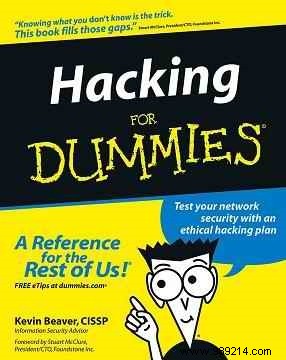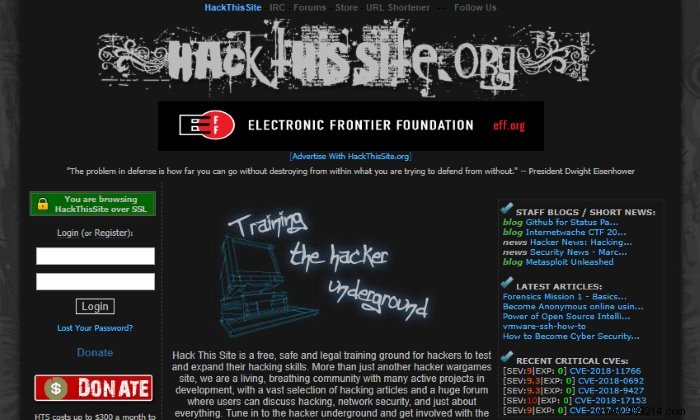This is the ongoing feud between malicious hackers (the “black hats”) and constructive hackers (the “white hats”). Blackhats are always trying to find new ways to enter systems in order to install malware or steal vital data. The Whitehats, on the other hand, use their hacking know-how to advise companies on how they can better improve their security. This is what makes them "ethical":they use their powers for good rather than evil.

Ethical Hacking is a must-have service for companies that have sensitive information to protect. In fact, it's so important that institutions run courses that teach people how to hack, with the intention of using it for ethical purposes. This creates some concern among the public that people attending these courses may go blackhat and start using their newfound knowledge for personal gain.
Unfortunately, there is simply no way to expect an ethical hacker to do their job well without teaching them all the methods used by blackhats. Teaching ethical hackers less will mean that white hats will overlook security holes and loopholes that a malicious agent will be happy to spot. There are even textbooks on sale that teach hacking, in the hope that their readers will use it for good and not evil.

While a hacker isn't particularly keen on taking their skills to a career level, there are always ways they can ply their trade legally. Many hacking community sites such as Hack This Site! allow people to test their skills and participate in competitions in a legal environment. This gives hackers a good playground, so they don't have to turn to innocent websites to put their skills to the test.
For those interested in learning more about ethical hacking, there are a few online courses you can take. Most will tell you about Kali Linux, which is the primary tool most hackers use for hacking.
Ethical hacking may sound like a myth, but its benefits are very real. Companies depend on white hats to report breaches in their security to better defend their information when someone with malicious intent targets it. Now you know what ethical hackers are, what they do and why they are needed.
How do you feel about teaching people to become ethical hackers? Should hacker techniques be better hidden to prevent more blackhats from entering the scene? Or should the ease of access to this information remain the same, so that people can better learn how to defend themselves? Let us know what you think below!